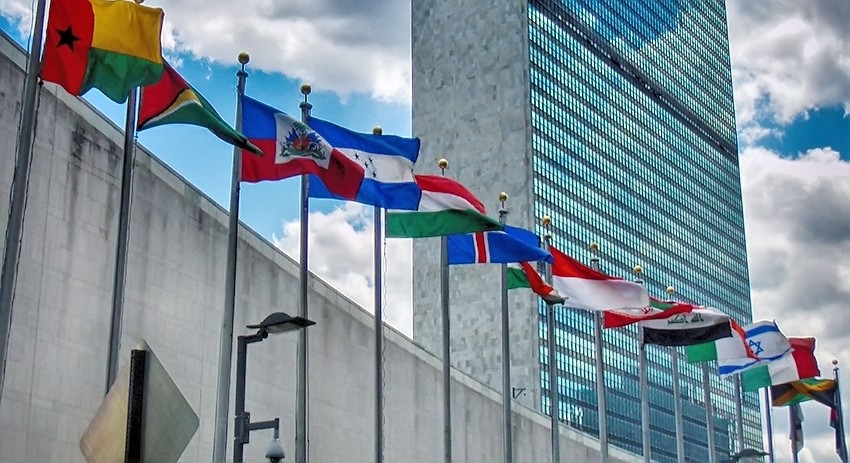Statement by Dmitry Chumakov, Deputy Permanent Representative of Russia to the UN, at the Arria Formula VTC of UNSC Member-States on Climate and Security Risks
Mr. President,
Extreme weather events and slow onset processes may occur either on their own or as adverse effects of climate change. They can be only one of the factors contributing to vulnerability of countries that may result in instability. And yet the link needs to be scientifically established in each particular case.
Therefore, to call climate change “a major risk factor for international peace and security” is an overstatement and oversimplification at the same time. It is simply diverting time and resources of the Security Council from addressing the root causes of conflicts. Therefore, we do not think it is wise to stretch the Council’s agenda and speculate on generic issues. The Security Council is mandated to discuss specific conflict country situations and identify specific reasons of those conflicts emerging. Climate change should not be used as a tool to drive discussions on specific country cases away from addressing evident and well-established causes of their instability.
To contribute to our today’s exchange, we would also like to pose a few questions to reflect on. There are delegations who wish to have climate change on the Council’s agenda on a regular basis and push for new risk assessment and risk management strategies. Can we take it that it is also their wish to discuss scaling-up of donor funding as part of the package? Are they convinced about the generic link between climate change and security, and, in that case, what are they expecting from the risk assessments? Do they have scientific data they can share? If not, why are we supposed to accept generic, not country-specific links?
We know from negotiations under the UN Framework Convention on Climate Change and other fora how difficult it is to get an agreement on funding issues. It is no secret that climate financing is currently falling short of what is needed. There should be two sides of the coin – if one brings up “threat multipliers”, one should also include threat minimizers. So, is it the wish of delegations to use the Council for instructing UN funds and programmes to take additional action for economic capacity-building, establishment of early warning systems, rehabilitation in the aftermath of natural disasters and other related matters? Or should we better discuss it in ECOSOC or GA? Or under UNFCCC?
All of us also know that United Nations agencies and Resident Coordinators already undertake risk management to make vulnerable countries less prone to suffering irreversible damages from extreme weather events. It is happening regardless of conflict potential or its absence. Does it mean that the Council would be paving the way for duplicating the UN development system at large?
And, Mr. President, let’s be realistic. All these tasks can hardly be undertaken by a handful of additional experts in country peacekeeping missions or the UN headquarters.
I rest my case.
Thank you.
